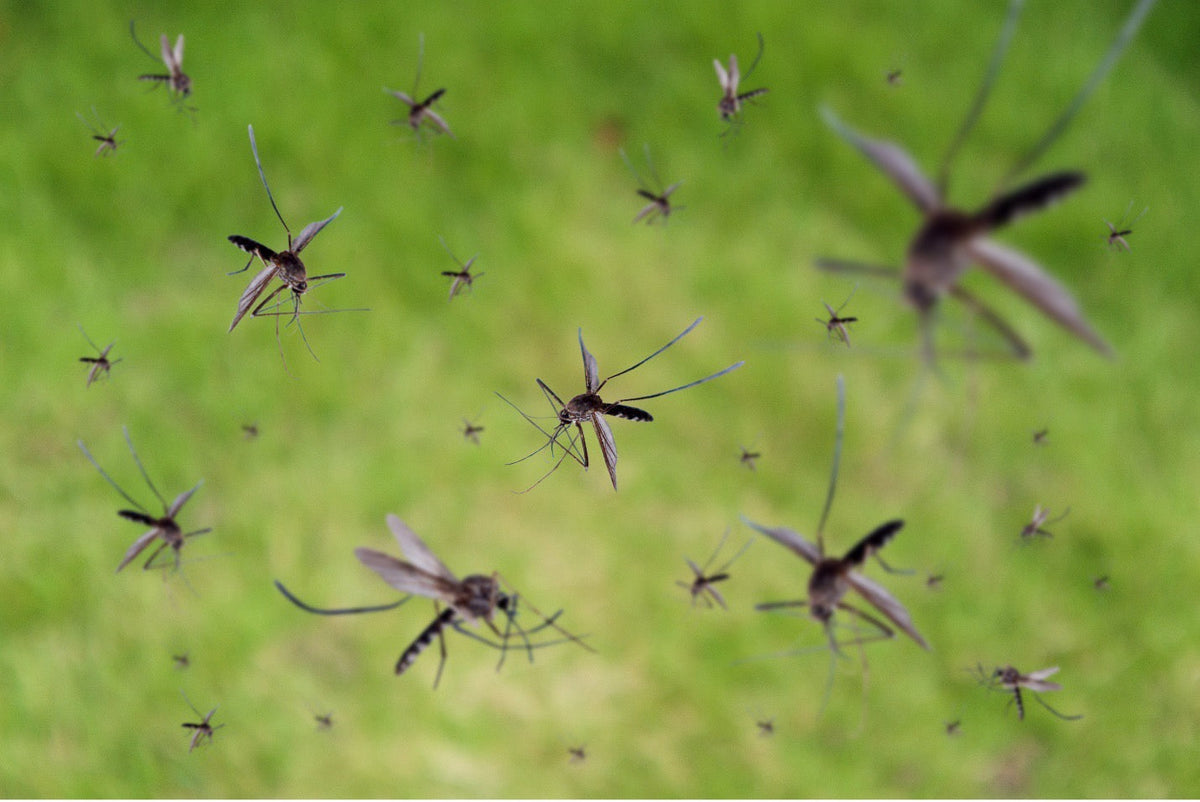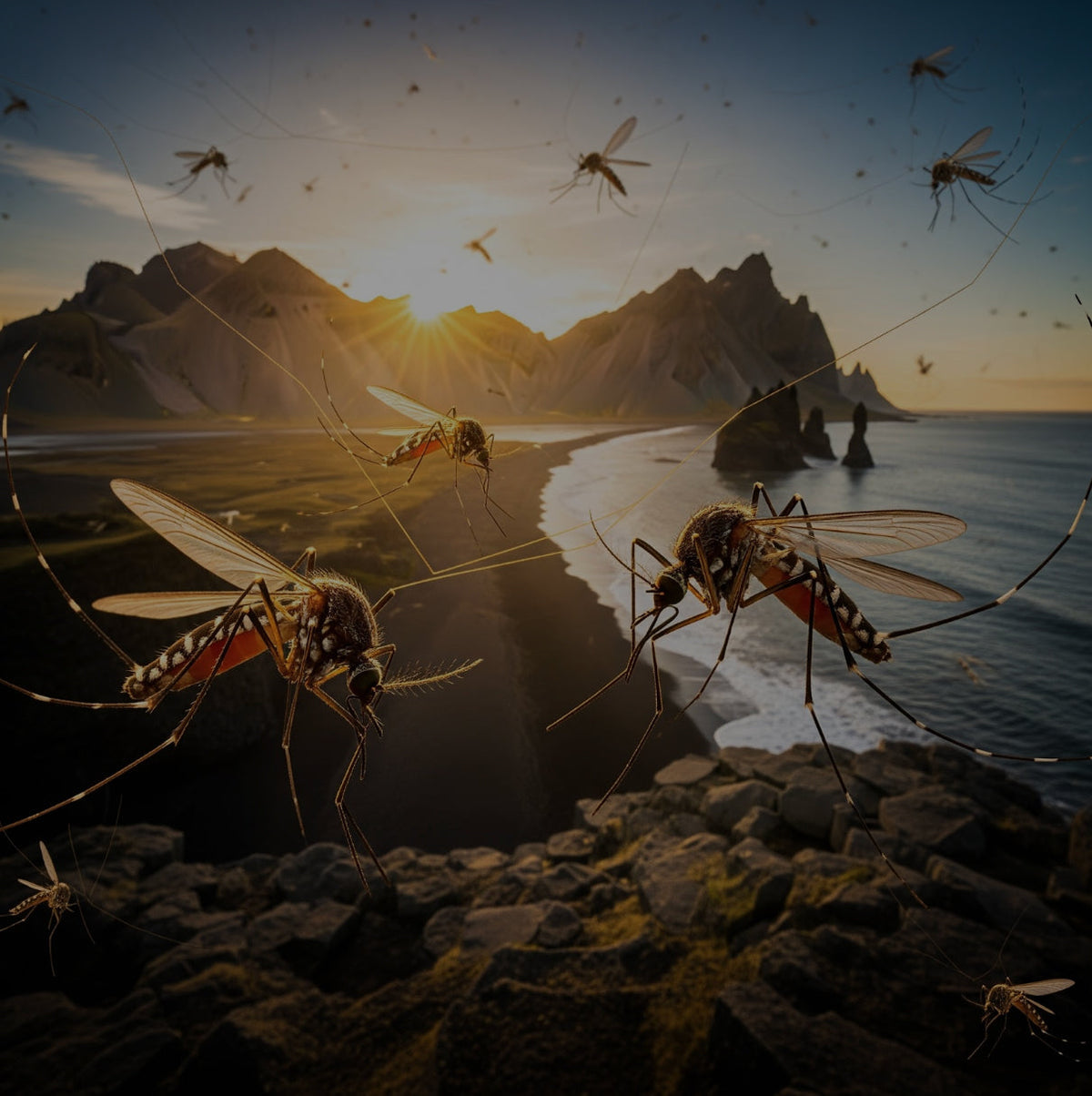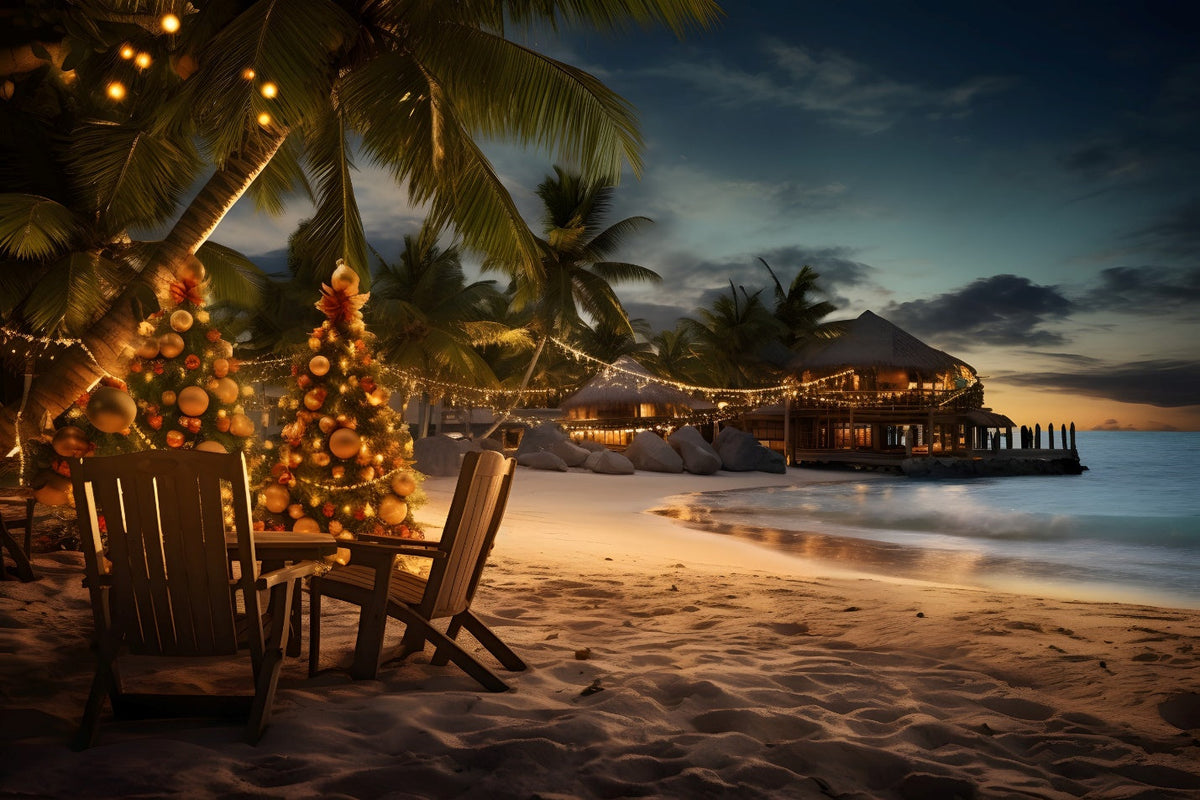
What Time Are Philadelphia Mosquitoes Most Annoying?
Few things disrupt a perfect Philadelphia summer night faster than a persistent, high-pitched whine in your ear—right before the telltale itch of a mosquito bite. Whether you’re relaxing on your stoop, enjoying a barbecue, or watching your kids play in the yard, these small but mighty pests find a way to crash the party. That leaves many Philadelphians asking: When are mosquitoes most active in the Philadelphia Area and surrounding suburbs? And, more pointedly, when are they most annoying?
Understanding when mosquitoes are at their worst isn’t just a comfort issue—it’s about personal health, family enjoyment, outdoor planning, and sometimes even neighborhood harmony. This guide explores the timing and triggers of mosquito annoyance in Philly, explains why certain times are more problematic, and shares science-backed ways to adapt and thrive during peak mosquito season.
The Science Behind Mosquito Activity in Philadelphia
Mosquitoes are far from random in their movements. Their activity follows clear patterns tied to Philadelphia’s weather, daily light cycles, and neighborhood environments. Mosquitoes are cold-blooded, meaning their energy and activity levels are heavily influenced by temperature and humidity.
During the Philadelphia mosquito season (typically running from late spring through early fall), these factors converge to create predictable rhythms of activity. Most mosquito species in the area prefer moderate heat and high humidity, and are largely deterred by strong sun and wind. This is why mosquitoes don’t pester you equally throughout the day—they save their most relentless biting for very specific hours.
Dawn and Dusk: The Annoying Hours
The answer to "when are mosquitoes most active in the Philadelphia Area" centers on two primary windows: dawn and dusk. As the sun rises or sets, humidity rises and temperatures cool, which are ideal conditions for mosquitoes seeking to feed, breed, and survive. These bugs are sensitive to drying out, so they avoid harsh, direct sunlight and flock to shaded, damp areas.

Dawn and dusk offer a perfect storm: less wind, more moisture in the air, and reduced sunlight that allows mosquitoes to thrive. In practical terms, this means your 6 a.m. jog or evening gathering just after sunset is far more likely to be swarmed than a midday picnic under a bright sun. Residents often report that these hours are “prime time” for itchy bites, especially after afternoon rain showers or on muggy summer evenings.
Why Mosquitoes Avoid the Heat of Day
Philadelphia’s summer sun can be intense—and for mosquitoes, it’s a real hazard. Direct light and high temperatures dry them out quickly and make them less mobile. As a result, mosquitoes become less of a problem in late morning through mid-afternoon. During these hours, the majority of mosquitoes retreat to shaded, cool, and damp locations: beneath decks, inside dense shrubs, or tucked away in garages and sheds.
On exceptionally hot and sunny days, some mosquitoes will be nearly absent from open spaces, only to reemerge as soon as the sun begins to dip. This natural daily cycle means that practical mosquito avoidance is possible—if you time your activities right.
Practical Impact: Neighborhood Life and Outdoor Enjoyment
For Philadelphians, the timing of mosquito annoyance has direct consequences for neighborhood life. Block parties, family cookouts, and late-night porch conversations are often planned around “mosquito-friendly” hours, or at least with screens, fans, or repellents close at hand.
Local parks, playgrounds, and dog-walking routes are similarly affected. Those who venture out at dawn or dusk quickly notice the uptick in mosquito presence—sometimes enough to change plans, head indoors, or reach for extra protection. City events and festivals regularly account for these patterns, scheduling activities earlier in the day or providing insect-control measures for comfort and safety.
The Role of Weather, Rain, and Microclimates
Mosquito activity isn’t just about the clock—it’s also tied closely to weather. After a rainstorm, Philadelphia neighborhoods often see a dramatic increase in mosquito annoyance during peak hours. This happens because standing water provides breeding grounds, and the added humidity enhances favorable conditions. Small pockets of the city—low-lying yards, areas with poor drainage, parks with ponds—can develop their own “microclimates,” leading to severe, localized outbreaks of biting at dawn and dusk.
Residents can often predict when their block will be worst by simply tracking the weather: a still, muggy evening after rainfall is the perfect recipe for an itchy night.
Adapting Strategies: Mitigating the Bites
The good news is that understanding these rhythms offers powerful opportunities for adaptation. Here are several strategies (drawn entirely from the source material):
● Plan outdoor activities for late morning or early afternoon, when mosquito activity is at its lowest and sun exposure is greatest.
● Enhance airflow on patios, porches, or decks with fans—mosquitoes are poor fliers and avoid open, breezy spots.
● Use window screens and keep doors closed to prevent mosquitoes from slipping inside during peak hours.
● Remove standing water from yards and gutters, especially after rain, to reduce overall mosquito populations.
● Consider landscape modifications, like trimming shrubbery and avoiding dense, damp foliage near seating areas.
● Pest control companies like ours (MosquitoNix!) can help by using eco-friendly, kid and dog safe ingredients that relieve mosquito issues permanently. In fact, MosquitoNix of Philadelphia - The Main Line has a new permanent insect misting system for back yards and outdoor areas to mitigate the issue, all from an app on your phone!

With targeted adjustments, you can minimize both the frequency and intensity of mosquito encounters during Philly’s peak annoyance windows.
Why Timing Matters: Health and Quality of Life
Beyond their annoyance factor, timing mosquito activity is also a public health consideration. Peak feeding hours for mosquitoes are also peak risk times for mosquito-borne illnesses. While Philadelphia’s immediate threat for diseases like West Nile or Zika varies year to year, the optimal strategy is always to reduce bites during dawn and dusk. Families with young children, the elderly, or immune-compromised members should be especially mindful of these rhythms and act accordingly.
By timing outdoor enjoyment and employing prevention measures, Philadelphians reclaim summer evenings and enhance neighborhood life with fewer disruptions.
Summary: Mastering Mosquito Annoyance in Philly
Summing it all up: When are mosquitoes most active in the Philadelphia Area? The most annoying and active times by far are dawn and dusk—the transitional hours where mosquitoes take advantage of ideal temperature and humidity. Midday sees the lowest mosquito presence, thanks to the drying effects of sun and wind. Rain and local environments further shape these cycles, sometimes making certain neighborhoods “hotspots” for relentless biting after storms.
With this understanding, you’re equipped to plan your summer, protect your home, and enjoy Philly life with more comfort—and less swatting.
FAQ: What Time Are Philly Mosquitoes Most Annoying?
Q1: What hours are mosquitoes most active in Philadelphia?
Mosquitoes are most active and annoying at dawn (approximately 5–7 a.m.) and dusk (around 6–9 p.m.), especially after rainy weather or in shaded, humid areas.
Q2: Can mosquitoes bite during the middle of the day?
While possible, it’s much less common. Most mosquito species in Philadelphia prefer low light and high humidity, making midday bites rare unless you’re in dense shade or a damp area.
Q3: Why are mosquitoes worse on some days than others?
Mosquitoes are especially annoying after rainstorms, on humid days, or when winds are calm. These conditions help them stay hydrated and find standing water for breeding.
Q4: Are some neighborhoods worse for mosquitoes than others?
Yes. Areas with more standing water, lush vegetation, or poor drainage tend to have higher mosquito populations, especially around dusk and dawn.
Q5: How can I avoid mosquito bites during peak hours?
Plan outdoor activities for late morning or early afternoon, keep air moving with fans, use repellents or screens, and remove sources of standing water after rainfall.
For scientific details and even more local insight on mosquito habits, visit MosquitoNix: What Time of Day Are Mosquitos Most Active?.
Leave a comment
Comments will be approved before showing up.





